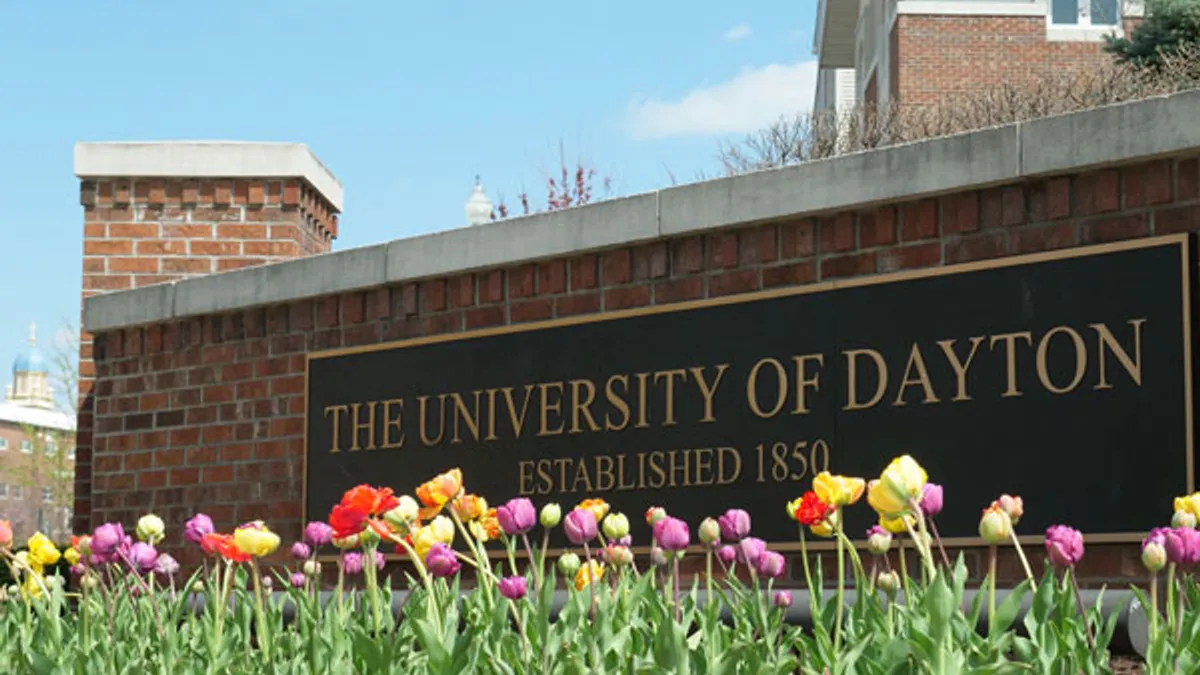Dive Brief:
- The University of Dayton in Ohio has secured an $850,000 National Science Foundation grant to create worksite-specific safety training using augmented and virtual reality for workers in high-risk industries such as construction.
- The project will be divided into two phases, according to a university release. First, the research team will create an environment where trainees experience a potential accident. Then, the developers will gauge how well they recognize hazards, and monitor workers' physical behaviors in the workplace.
- In order to assess safety improvements, the project will build a personalized AR training system that uses pictures taken by trainees on their own worksites to recognize site-specific hazards, according to Dayton’s NSF grant page. With those photos, the team will create replicas of their worksites that show simulated accidents caused by those hazards.
Dive Insight:
Dayton isn’t alone in this venture — researchers from Texas A&M University and the University of Nevada, Las Vegas also are involved in the project, per the release. They will share approximately $300,000 of the total award, leaving Dayton with a $546,000 sum.
The key to the research rests in the belief that workers don’t learn as well in a classroom environment as they would in real-life situations, according to the grant page. The grant’s abstract claims that, “...conventional, lecture-based safety training methods in classroom settings rarely capture workers’ interest and do not decrease accidents.”
“Evidence strongly suggests adults learn best in the context of their work environments and real-life situations,” said Namgyun Kim, a University of Dayton assistant professor of civil and environmental engineering, and the project lead.
AR/VR training isn’t a new concept in the construction industry. It’s a large part of construction’s fight for workers amid a historic labor crunch, and firms are putting it to good use. Pepper Construction won an award from Associated General Contractors of America for its use of AR/VR safety training in 2021, which tackled the boredom of safety lectures.
The estimated end date of the project is May 31, 2026, according to the NSF grant.













